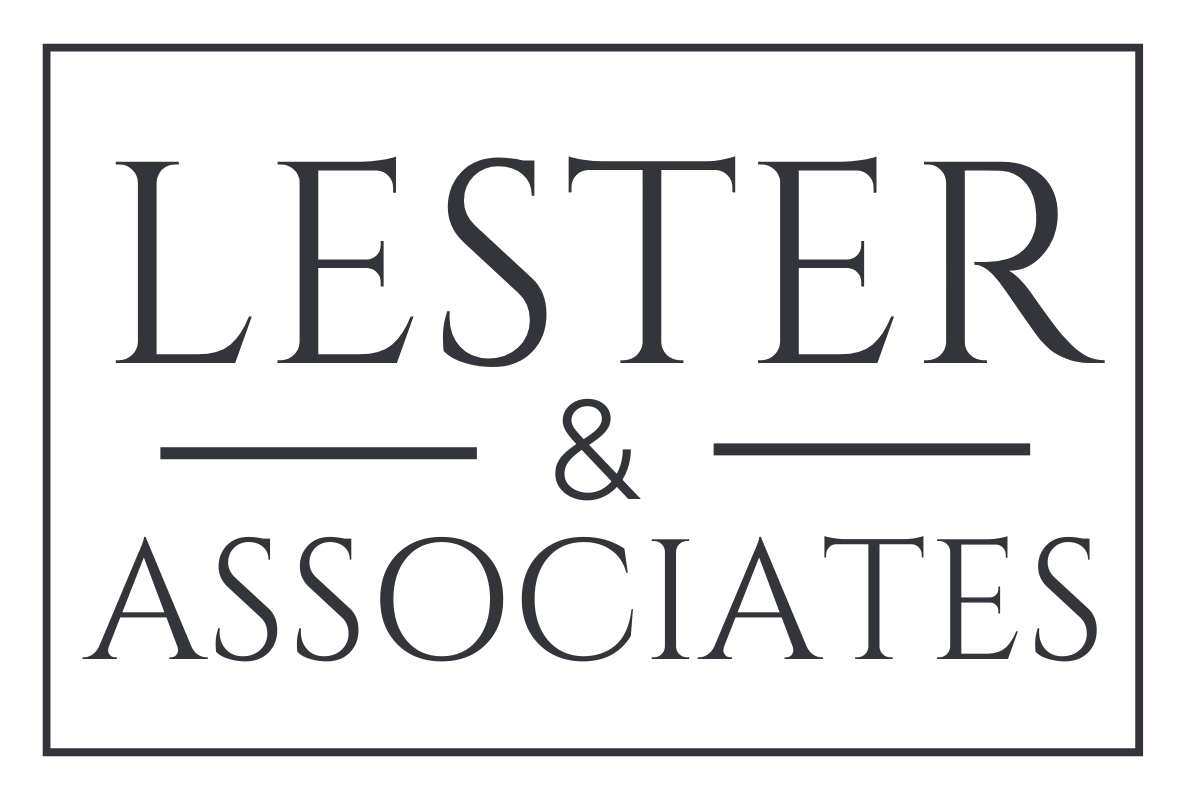Liability of Spouses in Fraud Cases: 2017
Liability of Spouses in Fraud Cases: Cambrian Excavators v. Taferner [2006]
In fraud cases, the question often arises as to whether it is possible to recover against the spouse of a fraudster where the spouse has benefited from the fraud, but may not have participated in it. This issue is particularly important where a major source of recovery is the jointly owned family home.
In Ontario, a judgment creditor is entitled to obtain and file a writ of seizure and sale in each municipality in which the judgment debtor might own property. After six months, the judgment creditor is allowed to instruct the particular sheriff to sell the debtor’s property, pursuant to the writ. The sheriff is not allowed to sell the interest of a non-judgment debtor, however. Thus, if the writ pertains to only one owner of the property, the sheriff will not be able to sell the house, since she or he could sell only the partial interest owned by the debtor and no one will want to buy that interest.
Meanwhile, in my experience, employee frauds are normally carried out by the one spouse or the other. However, the so-called innocent spouse often receives some of the benefit of the fraud, whether by way of “high living” or otherwise. The issue then arises as to whether it is possible to get a judgment against the non-fraudster spouse on the basis that this spouse received the benefit of the fraud, and really ought to have been aware the she or he was obtaining the fraudulent benefit.
This issue was considered in Sisu Enterprises v. Dillon [2000 CarswellBC 2590 BCSC]. The husband was the fraudster. In that case, the judge reviewed the incomes and financial history of the fraudster husband and of the wife, and the wife’s educational background. The judge concluded that in all of the circumstances, the wife had to have known that the couple had lived well beyond their means, and that large sums had been channelled through her VISA account. He held that the wife either knew or was wilfully blind to the fraud, and therefore, that she was a party to the fraud.
In Cambrian Excavators v. Taferner [2006 MBQB 64], a similar analysis was undertaken, but with a twist. The wife was the fraudster and the husband denied any knowledge. The Court reviewed the incomes and financial histories of the spouses before concluding that the couple had lived well beyond their means. In this case, the husband’s VISA account was not used in the fraud, so the court considered whether the husband was liable to the plaintiff on the sole basis that he had benefited from the fraud. The judge noted that in Equity, stolen money is impressed with a constructive trust to the benefit of the true owner of the funds. The judge considered the doctrine of “knowing receipt of breach of trust” which holds that if a person receives the benefit of stolen funds, and has “constructive knowledge” of the trust (i.e., that the person ought to have known, in all of the circumstances, that the money was likely stolen), then that recipient is obliged to account for it to the true owner of the funds. In the case at hand, the judge found that a reasonable person in the place of the husband would have questioned the ability of the family to live at the level they did, on the incomes they had. The judge therefore found that the husband had constructive knowledge of the source of the funds. By taking the “trust” funds for his own benefit, he had breached the trust and thus was liable to the plaintiff on that basis.
Both of these case show the importance, in cases of this type, in carrying out a thorough “source and use” analysis of the family’s finances, in order to provide solid evidence that the so-called innocent spouse had knowingly received the benefit of the fraud.
- Lester March 2017
